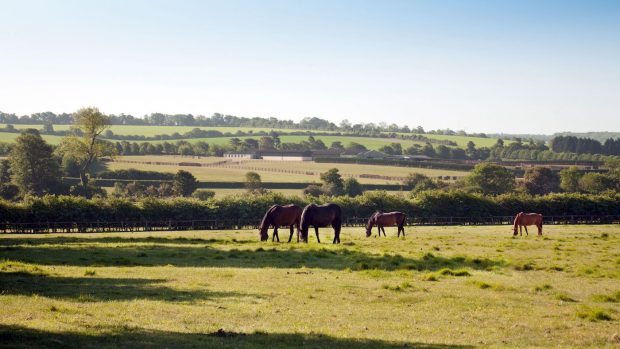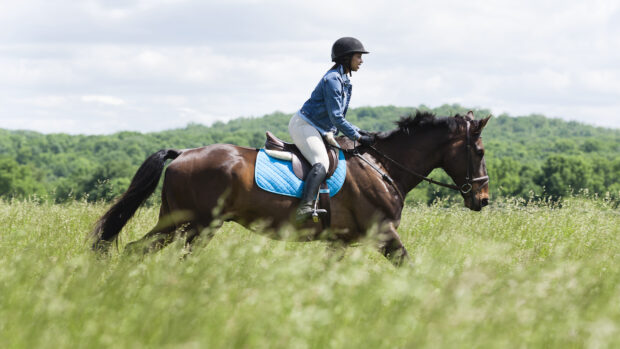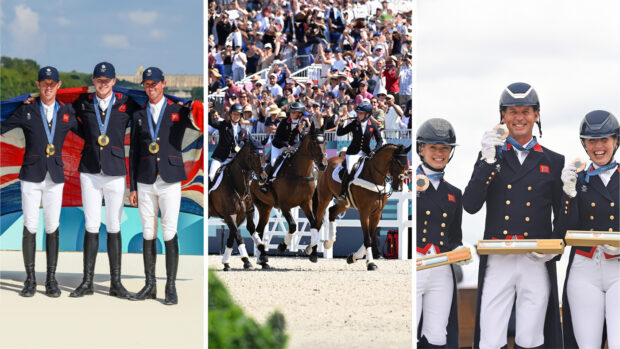THE British Equestrian Federation (BEF) has agreed to take on the management of the National Equine Database (NED) from DEFRA, even though the project is still not ready to launch for public use.
NED is an internet-based system designed to allow global access to identification, breeding and competition data for British horses. Since work began on the project in 2004, NED has been run jointly by the BEF and DEFRA.
But the database, due originally to launch in 2005, has been beset by delays. In June this year, DEFRA announced its intention to hand the project back to the BEF, and the horse industry.
Last Wednesday, after investigating the risks and potentials of taking NED on, the BEF board voted to step in.
“I’m not going to level any criticism or comment at what has and hasn’t happened in the past,” said BEF chief executive, Andrew Finding. “DEFRA and others feel the time is right to transfer responsibility to the industry. DEFRA will fund NED for the next three years, so our member bodies will not have support it financially.”
Mr Finding says the next stage of the project — checking data provision and rigorous system testing — would benefit from wider horse industry expertise.
“It will be successful if all the elements of the industry, particularly Passport Issuing Organisations (PIOs) and data providers and member bodies work together to make it happen,” he said.
BEF head of equine development Jan Rogers said it was exciting that NED will now be developed by an in-house team with “passion and in-depth knowledge of the equestrian industry”.
She said NED will be part-launched the data providers, who will thoroughly test their data and the whole system before NED is released to the public. By involving the data providers in the process, Ms Rogers said, some of NED’s critics should hopefully be silenced.
The BEF board will then review it before deciding when to launch it to the public.
NED itself will be run by a separate limited company — NED Ltd — to separate it legally and financially from the BEF. The BEF hopes shortly to begin searching for a board of directors.
Andrew Finding explained: “The directors will be voluntary, and we will advertise for specific competencies, probably in the areas of IT and database management, finance, marketing, fund raising, knowledge of breeding, knowledge of data provision and knowledge of running studbooks.”
To read more, see this week’s edition of Horse & Hound (23 August)




